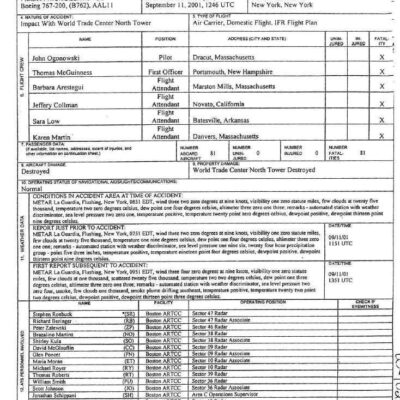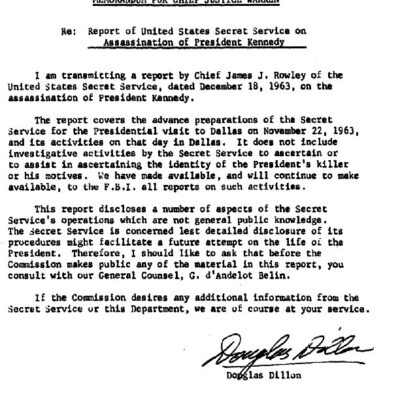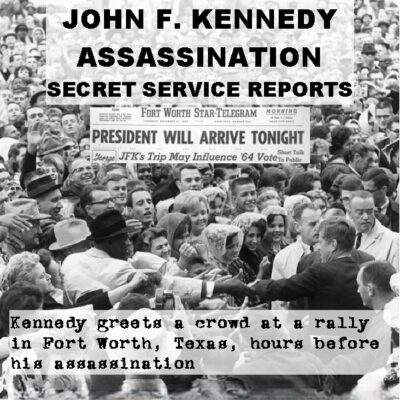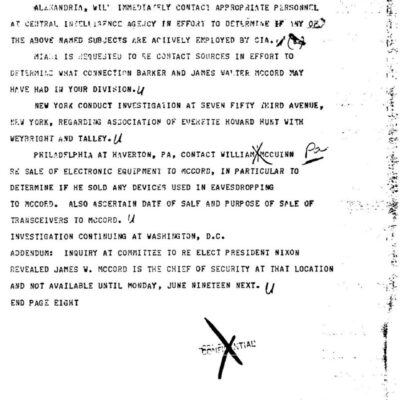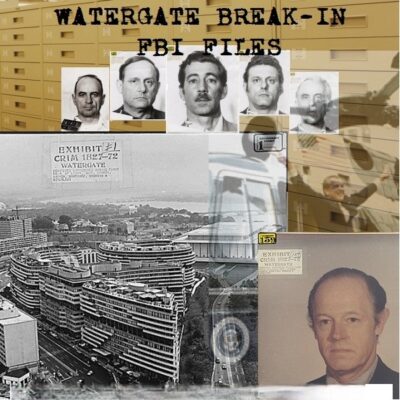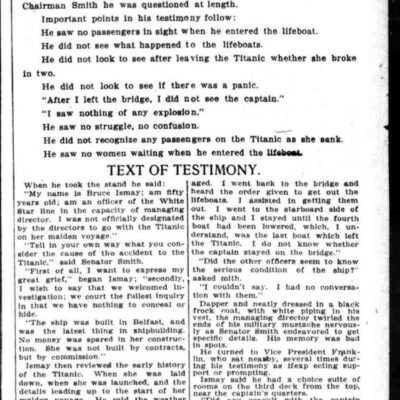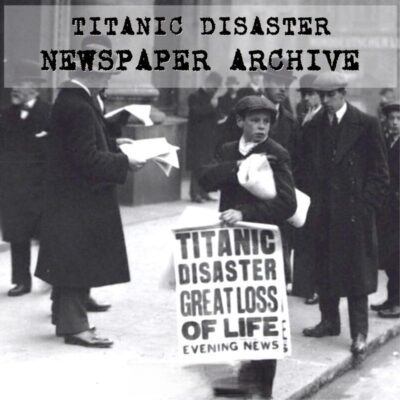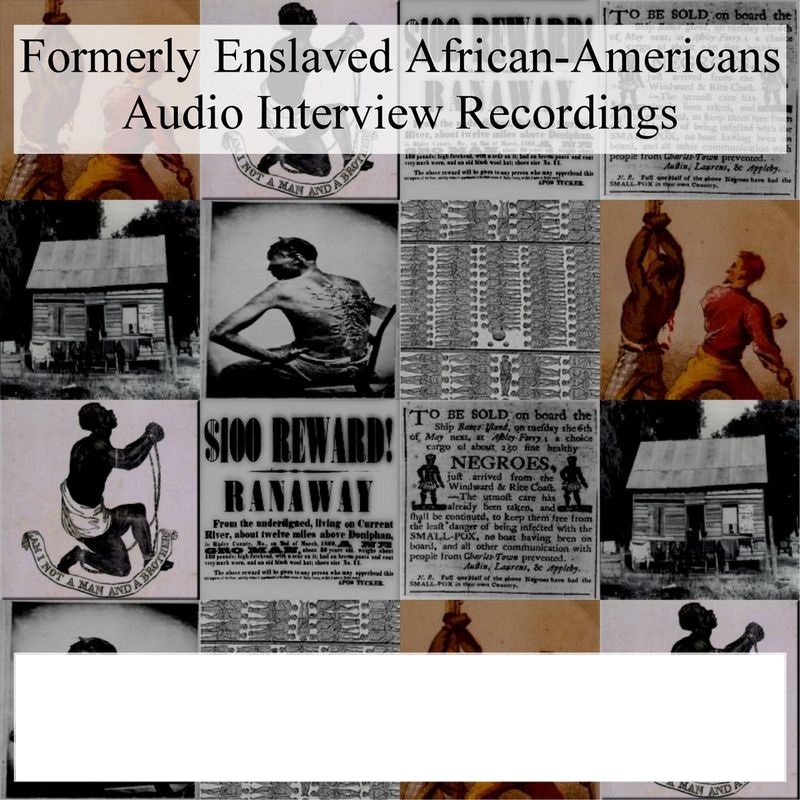
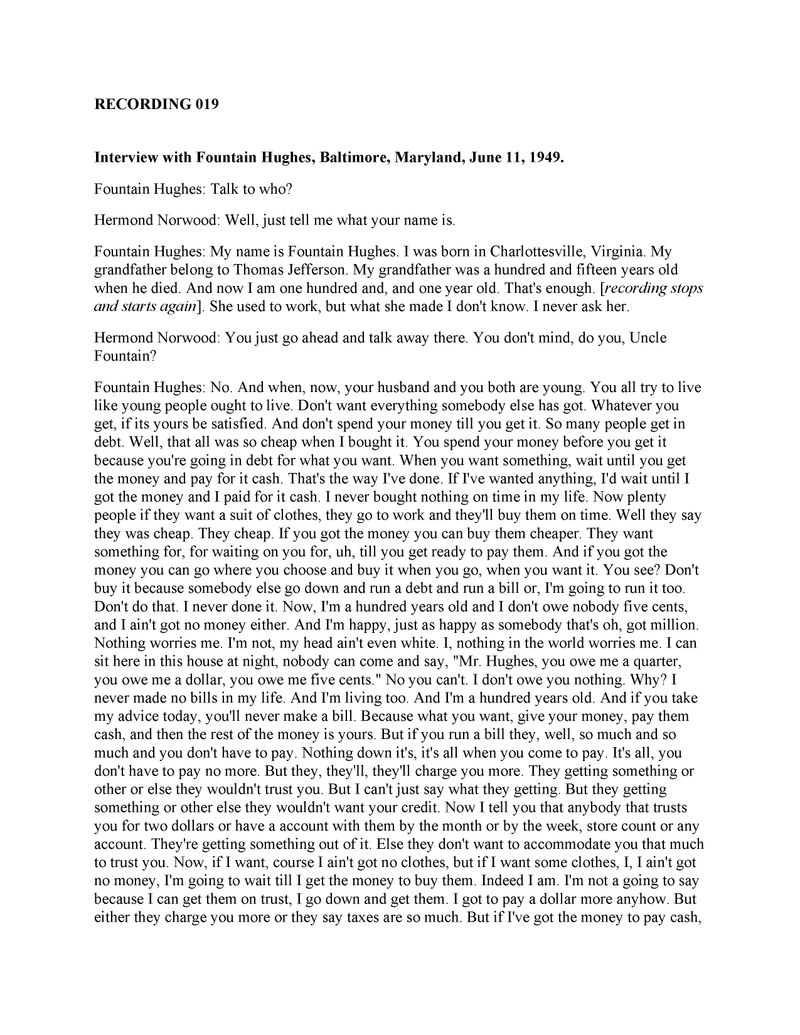
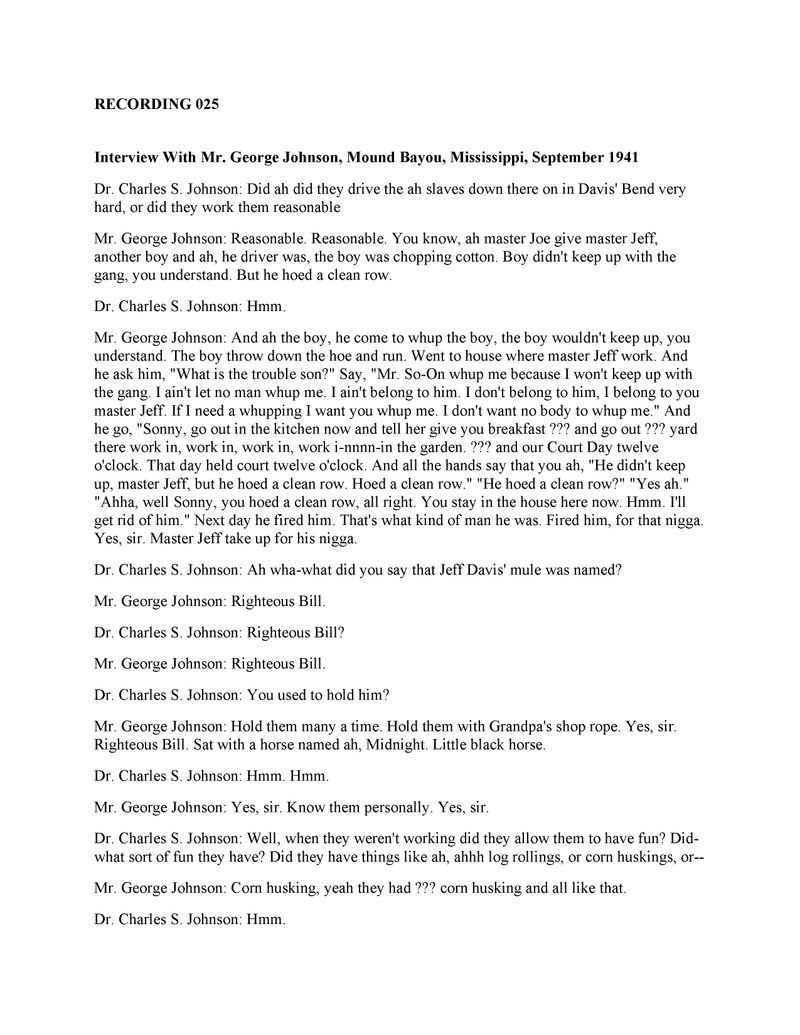
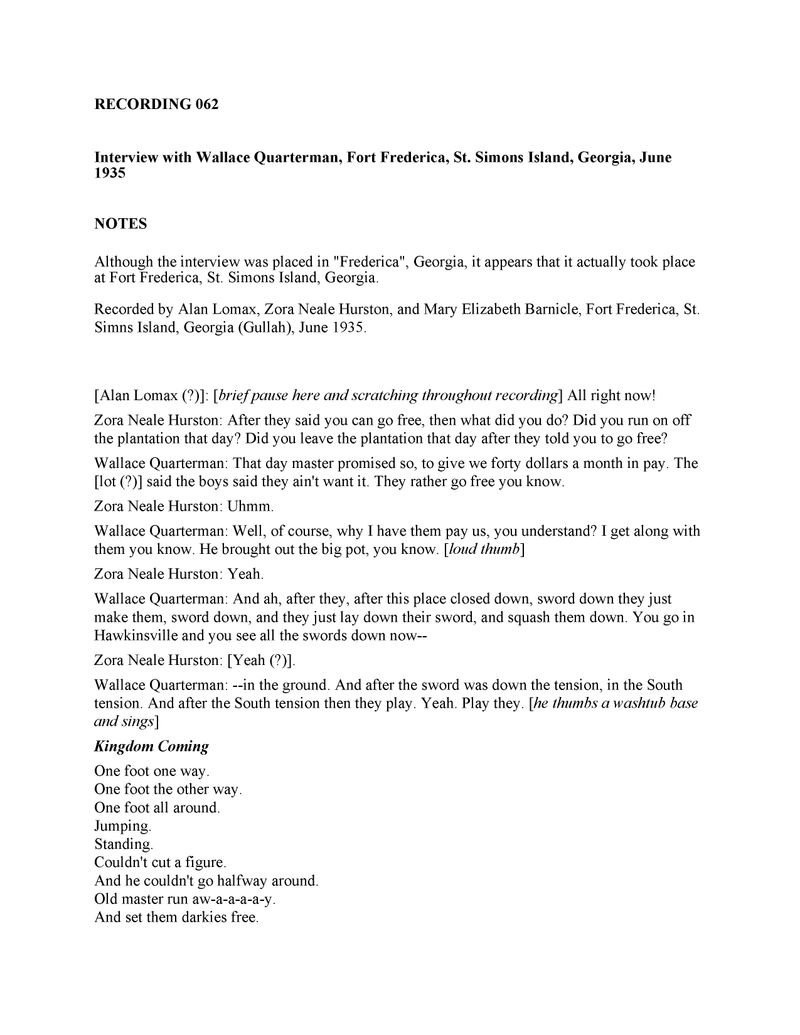
Audio Recordings of Formerly Enslaved African Americans
$19.50
Audio Recordings of Formerly Enslaved African Americans
Description
Voices of Enslavement: A Documentary Record
Timeline of Main Events
- 1823 – Early 1860s: Birth years of the 23 identified formerly enslaved African Americans who were interviewed. Their enslavement took place within this period.
- 1861-1865: The American Civil War takes place, ending with the emancipation of approximately four million enslaved people in the U.S.
- 1870s-1930s and beyond: The period following emancipation; a time of adjustment, struggle and development for newly freed African Americans, as discussed in the interviews.
- 1932-1933: Lorenzo Dow Turner records five interviews in the Gullah areas of South Carolina and Georgia as part of the Linguistic Atlas projects.
- 1934-1935: Archibald A. Hill and Guy S. Lowman record interviews in Virginia for the Linguistic Atlas projects.
- 1935: Alan Lomax, Zora Neale Hurston, and Mary Elizabeth Barnicle undertake a recording expedition to Georgia, Florida, and the Bahamas, collecting stories, oral traditions, and music from African Americans.
- 1937-1940: Roscoe E. Lewis records three interviews for the Commonwealth of Virginia as part of the Federal Writers’ Project (FWP) of the Works Progress Administration (WPA).
- 1940: John A. Lomax and his wife Ruby T. Lomax conduct interviews in Texas.
- 1941:Robert Sonkin records interviews in Alabama.
- John H. Faulk records interviews in Texas.
- Charles S. Johnson, Lewis W. Jones, John W. Work, and Alan and Elizabeth Lomax conduct interviews in Mississippi.
- 1949: Hermond Norwood records an interview in Maryland.
- 1974: Elmer E. Sparks conducts an interview in Texas.
- 1975: Elmer E. Sparks conducts an interview in Florida.
- 1932-1975: The period over which the 26 audio interviews of former slaves were collected.
Cast of Characters
Interviewees (Formerly Enslaved People)
- 23 Unnamed Individuals: The primary focus of this collection. Born between 1823 and the early 1860s. Their interviews form the basis of the audio recordings and transcripts. Their experiences provide first-hand accounts of slavery and life after emancipation. A few of the interviewees were centenarians, and one stated he was 130 at the time of his interview.
Interviewers and Collectors
- Zora Neale Hurston: An American author, anthropologist, and filmmaker. A significant figure in the Harlem Renaissance. She collaborated with Alan Lomax and Mary Elizabeth Barnicle in 1935.
- John Henry Faulk: An American author, folklorist, and radio personality who interviewed former slaves in Texas in 1941.
- John Lomax: A pioneering American musicologist and folklorist. He was an important figure in collecting and preserving American folk music. Recorded interviews in Texas with his wife in 1940.
- Ruby Lomax: Wife of John Lomax, she collaborated with him in conducting interviews in Texas in 1940.
- Alan Lomax: An American ethnomusicologist, best known for his extensive work in documenting and preserving folk music traditions around the world. He collaborated with Hurston and Barnicle in 1935, and recorded interviews with his wife, Elizabeth in Mississippi in 1941.
- Elizabeth Lomax: Wife of Alan Lomax, she collaborated with him on recording interviews in Mississippi in 1941.
- Robert Sonkin: An American folklorist who recorded interviews in Alabama in 1941.
- Lorenzo Dow Turner: An American linguist and scholar who recorded interviews in the Gullah areas of South Carolina and Georgia in 1932-1933.
- Roscoe E. Lewis: Worked in affiliation with the Federal Writers’ Project (FWP) of the Works Progress Administration (WPA). He recorded three interviews for the Commonwealth of Virginia between 1937 and 1940.
- Archibald A. Hill: Worked on the Linguistic Atlas projects and recorded interviews in Virginia between 1934 and 1935.
- Guy S. Lowman: Worked on the Linguistic Atlas projects and recorded interviews in Virginia between 1934 and 1935.
- Mary Elizabeth Barnicle: Collaborated with Alan Lomax and Zora Neale Hurston on a recording expedition in 1935.
- Charles S. Johnson: Recorded interviews in Mississippi in 1941.
- Lewis W. Jones: Recorded interviews in Mississippi in 1941.
- John W. Work: Recorded interviews in Mississippi in 1941.
- Hermond Norwood: Recorded an interview in Maryland in 1949.
- Elmer E. Sparks: Recorded interviews in Texas (1974) and Florida (1975).
Other figures of historical significance mentioned in the recordings (not interviewers):
- Abraham Lincoln: The 16th President of the United States who issued the Emancipation Proclamation.
- Jefferson Davis: President of the Confederate States of America during the Civil War.
This download contains over seven hours of audio recordings and over two hundred pages of transcripts from interviews with formerly enslaved African Americans. Following the Civil War, millions of enslaved people gained their freedom, but only a small fraction of their stories have survived, primarily through oral accounts, written documents, or interviews. This unique collection comprises twenty-six rare audio recordings of these individuals. These interviews, conducted over several decades, feature the firsthand accounts of twenty-three former slaves, some of whom lived to be over one hundred years old.
The recordings, made across nine Southern states, offer valuable insights into the lives of enslaved and formerly enslaved people, covering their experiences, perspectives on slavery and freedom, and their families. It’s crucial to remember that these interviews were conducted many years after the end of slavery, so their recollections encompass their entire lives, not just their time in bondage. The recordings also include songs learned during their enslavement. These audio recordings offer a more authentic representation of interviews with former slaves than written accounts, which may reflect the interviewer’s biases. Listeners can directly hear the voices and accents of the interviewees, gaining a unique perspective.
The interviews were primarily captured using early, portable disc recorders. These battery-powered devices cut grooves directly onto discs, allowing immediate playback. However, their bulkiness made them inconvenient for fieldwork. The discs themselves varied in size and material.
Notable interviewers include Zora Neale Hurston, John Henry Faulk, the Lomax family (John, Ruby, and Alan), and Robert Sonkin.
The recordings originate from various archives, primarily the American Folklife Center. Some recordings were part of a Virginia state project spanning 1937-1940, conducted by Roscoe E. Lewis under the Federal Writers’ Project. Other recordings stemmed from Linguistic Atlas projects, with some conducted by Lorenzo Dow Turner in the Gullah region and others by Archibald A. Hill and Guy S. Lowman in Virginia. Thirteen additional recordings were created by various researchers. The oldest recordings resulted from a 1935 research trip to Georgia, Florida, and the Bahamas, led by Alan Lomax, Zora Neale Hurston, and Mary Elizabeth Barnicle, who aimed to document the narratives, oral traditions, and music of African Americans in those regions. John and Ruby Lomax gathered interviews in Texas in 1940. This work was followed by recordings made in 1941 by Robert Sonkin in Alabama and John Faulk in Texas.
In 1941, Charles Johnson, Lewis Jones, John Work, and Alan and Elizabeth Lomax conducted interviews in Mississippi. Hermond Norwood added an interview in Maryland in 1949. The newest interviews were done by Elmer Sparks in Texas (1974) and Florida (1975).
Interview topics encompassed African American churches, cowboys, religion, social circumstances, songs and music, St. Simons and St. Helena Islands, the Civil War, cotton farming, Jefferson Davis, Gullah culture, Abraham Lincoln, plantation life, plowing, race relations, Reconstruction, slave mistreatment, and emancipation.
All recordings include transcripts. The original recordings inevitably contain background noise, pops, clicks, and audio distortions.
